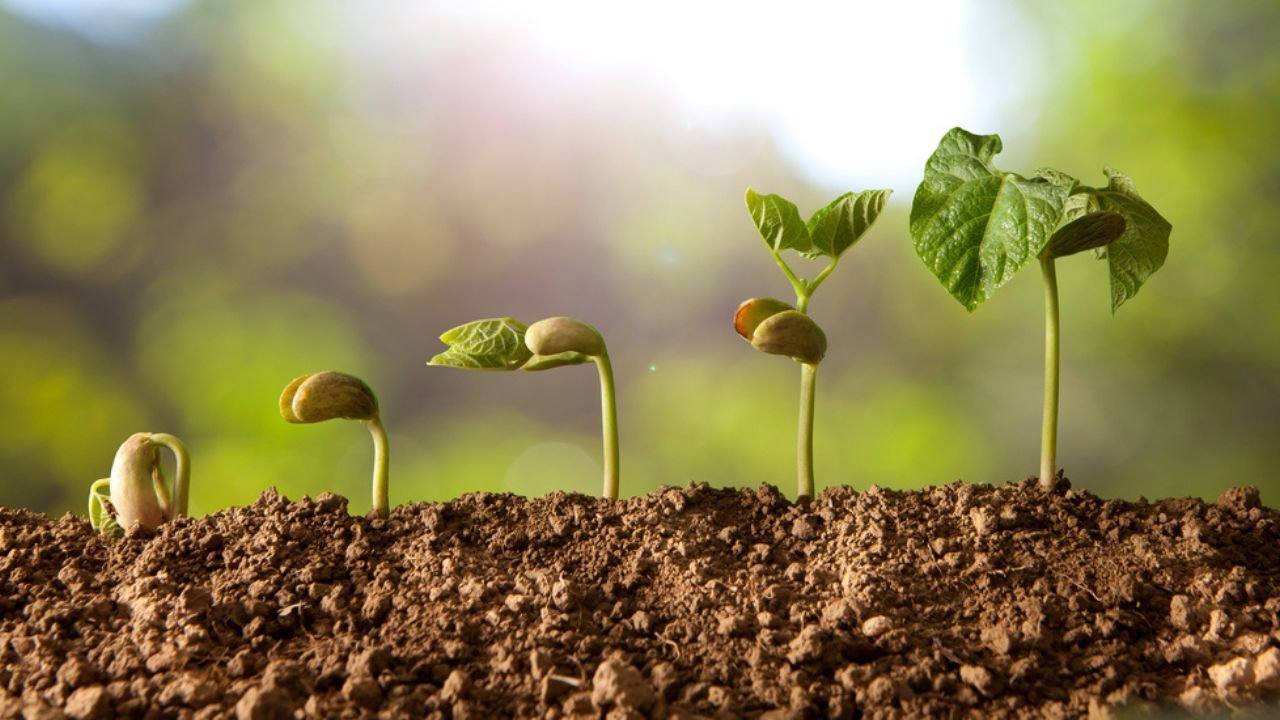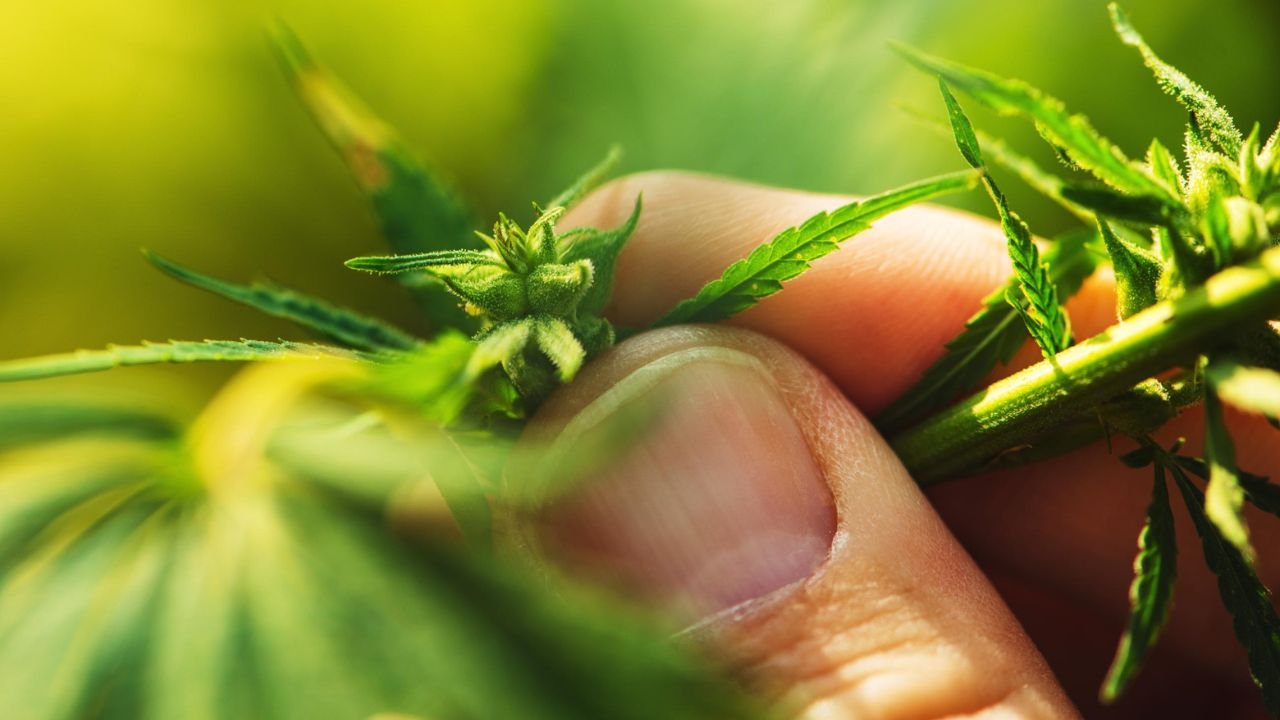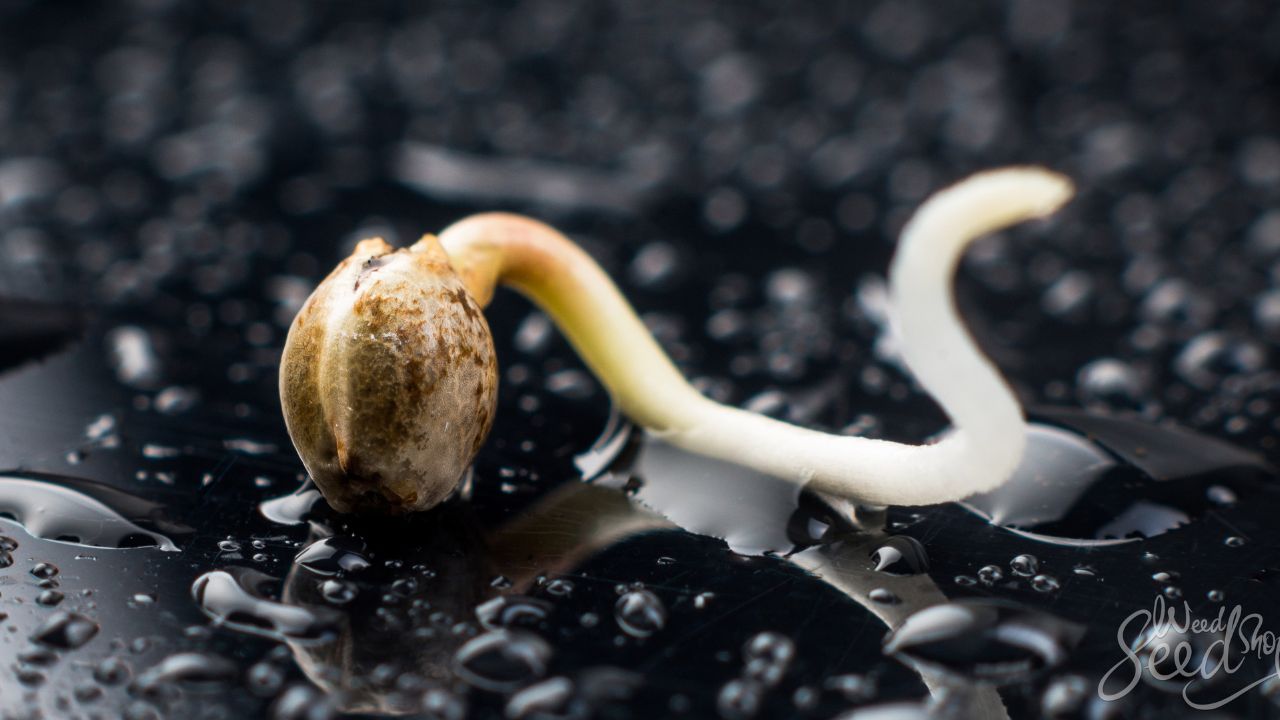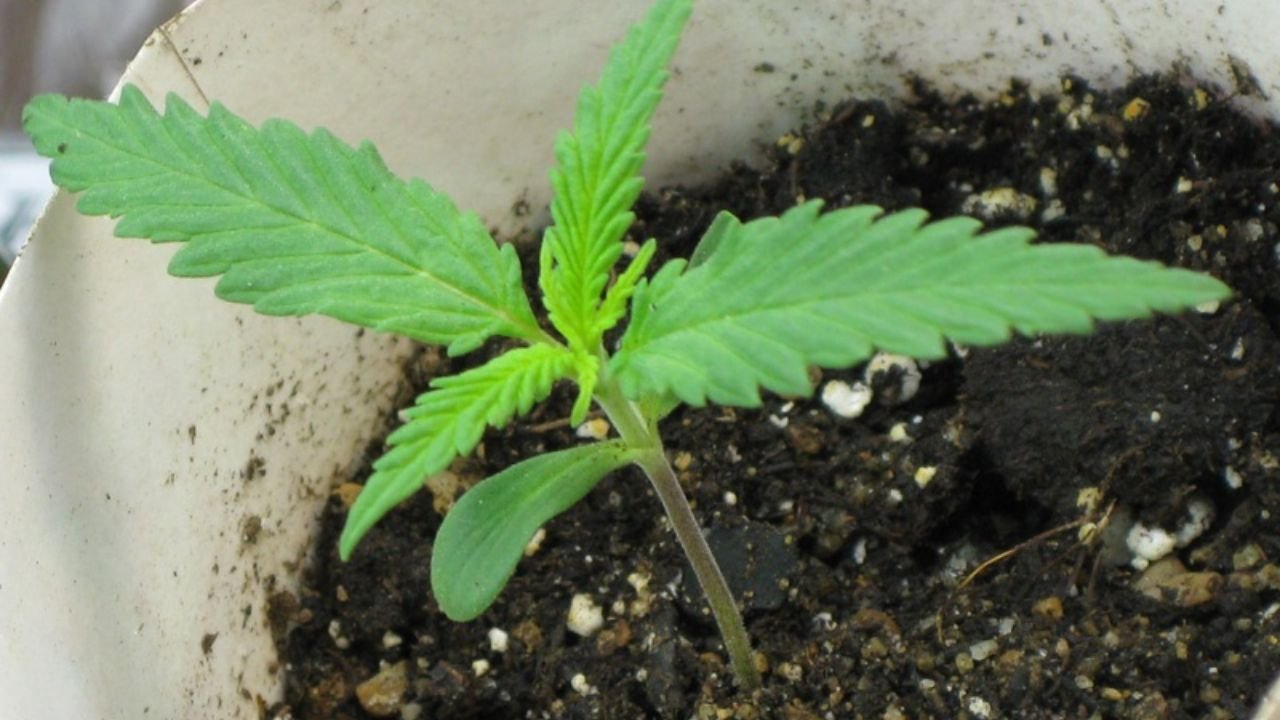Those who love gardening frequently find themselves impatiently awaiting the first indication of life from their just planted seedlings. Germinated Seeds Take To Break Surface may be thrilling and nerve-wracking to see those little green shoots emerge from the ground with expectation and joy.
However, what is the true duration required for sprouting seeds to penetrate the surface and reveal themselves to the unaided eye? This post will explore the complex process of seed germination and identify the variables affecting the timing of emergence.
The mystical process known as germination is how a seed becomes a seedling that is prepared to start its journey toward becoming a fully developed plant. Germinate watermelon seeds procedure is essential to the success of any gardening endeavor, in addition to being entertaining.
The Germination Process
The germination process involves a seed transforming into a seedling. Factors like seed type, germinate bell pepper seeds, environmental conditions, and preparation methods affect the time germinate autoflower seeds takes for seeds to emerge. Adequate moisture, temperature, and planting depth are crucial. Patience, consistent care, and monitoring are essential for successful germination.
Factors Affecting Germination: The duration it takes for a seed to break the surface is influenced by several crucial factors. These include the type of seed, environmental conditions, and preparation and planting methods.
Environmental Conditions: Seeds require the right mix of soil temperature, moisture, and air to initiate germination. Inadequate or excessive levels of these factors can significantly impact the time taken for the seedlings to emerge.
Seed Preparation: Properly preparing seeds before planting can also influence germination speed. Soaking, scarification, and stratification are techniques that can aid in hastening the process.
Planting Methods

indoor cultivation and outdoor cultivation. Indoor cultivation offers control over environmental factors, while outdoor cultivation relies on natural conditions. Each method has its advantages and challenges, and choosing between them is an essential consideration for cannabis growers.
Direct Sowing: Directly sowing seeds in the garden bed is a common method. Germinated Seeds Take To Break Surface usually takes longer for these seeds to emerge since they must adapt to natural conditions.
Transplanting: Transplanting young seedlings into the garden provides faster results, as these plants have already gone through the initial germination phase.
Monitoring and Care: Regular monitoring and care are essential throughout the germination period. Maintaining the right conditions and providing consistent care can help speed up emergence.
Factors Affecting Emergence
Soil Moisture: Adequate soil moisture is crucial. Drying out can delay emergence, while waterlogged soil can rot the seeds.
Temperature: Optimal temperature plays a significant role. Warmer soil generally speeds up germination, while colder soil slows germinating watermelon seeds down.
Seed Depth: Planting seeds at the correct depth is vital. Planting too deep may delay emergence.
Time Frame for Germination
The time it takes for sprouted seeds to break the surface varies widely depending on the factors discussed. Some seeds can emerge within a few days, while others may take weeks.
Recognizing Emergence:
Seedlings typically emerge as tiny green shoots breaking through the soil surface. Recognizing this stage is exciting and marks the beginning of the plant’s growth.
Patience and Continued Care: seeds germinate mainly is essential to be patient and continue providing proper care while awaiting seed emergence. Consistency in maintaining the right conditions is key.
Common Challenges: Several challenges, such as pests, diseases, and unfavorable weather, can affect germination. Being aware of these challenges can help you overcome them.
How to Germinate Pepper Seeds?
Germinating pepper seeds is a fundamental step in growing vibrant pepper plants. Whether you’re a seasoned gardener or a novice with a green thumb, this process sets the stage for a successful pepper harvest. In this concise guide, we will walk you through the essential steps to help your pepper seeds sprout and thrive.
From seed selection to proper planting techniques and maintaining the ideal environmental conditions, you’ll discover the secrets to kickstarting the growth of your pepper seeds. By the end of this article, Germinated Seeds Take To Break Surface, you’ll be well-equipped to embark on your pepper-growing journey with confidence and enthusiasm.
How Long Do Germinated Seeds Take to Break Surface?
The time it takes for sprouted seeds to break the surface varies widely, depending on factors like seed type, environmental conditions, and planting methods. Some seeds can emerge within a few days, while others may take weeks. Proper preparation, such as soaking or scarification, can speed up the process.
Additionally, maintaining the right soil moisture, temperature, and planting depth is crucial. Patience and consistent care are essential while waiting for those tiny green shoots to appear, marking the beginning of a plant’s growth. So, in short, the duration varies, but with the right conditions and care, you’ll witness the magic of life emerging from the soil.
When to Give Up on Seed Germination
Knowing when to give up on seed germination is essential for a successful gardening experience. If seeds show no signs of sprouting after the specified germination period or exhibit signs of decay, it may be time to abandon hope. Additionally, if seeds become moldy, discolored, or develop an unpleasant odor, they are likely beyond revival.
Sometimes, environmental conditions or improper planting techniques can thwart germination. If all else fails, consider discarding non-germinating seeds and trying again with fresh ones. In gardening, recognizing when to give up on struggling seeds is a practical step toward achieving better results.
How Long for Zucchini Seeds to Germinate

Zucchini seeds typically germinate within 5 to 10 days when planted in optimal conditions. Factors like soil temperature, moisture levels, and the quality of the seeds can influence the exact timeframe. Warm soil, ideally around 70-95°F (21-35°C), accelerates germination.
Consistent moisture is crucial, but waterlogged soil should be avoided to prevent seed rot. High-quality zucchini seeds tend to sprout more quickly. Remember to monitor and care for your seeds, and with patience and proper conditions, you’ll soon see those vibrant zucchini seedlings breaking through the soil surface.
Conclusion
The time it takes for sprouted seeds to break the surface can vary significantly due to a multitude of factors. The key to successful seed germination lies in understanding these variables and providing the best possible environment for your seeds. With patience and diligent care, you’ll witness the marvel of life emerging from the soil in no time.
FAQ
How Long Does It Take For A Seed To Pop Out Of The Ground?
Some, like chiles, beans, sunflowers, and pumpkins, germinate quickly—in as little as one to two weeks at the most. Certain seeds, like parsley and mango, require up to four weeks to sprout. Others, like avocados, need more than two months, depending on how warm or cold it is.
How Do You Know When A Seed Is Done Germinating?
Seeds should absorb moisture within two days and grow a root and the first leaf within four days; however, germination times vary significantly throughout kinds. The seed is regarded as having germinated at this phase.
How Far Down Do You Plant A Germinated Seed?
As a general rule, seeds should be planted two or three times as deep as their breadth. It is preferable to sow seeds too shallowly rather than too deeply. Certain seeds (like certain Lettuces or Snapdragons) should not be covered at all since they require sunshine to germinate.
Is A Seed Dead If It Sinks?
The water test is one way to determine the viability of seeds. After taking the seeds, put them in a water-filled container. Give the seeds fifteen minutes to sit. The seeds are still possible if they sink; if they float, they are probably not going to sprout, so throw them out.
Do Seeds Germinate Better In The Dark?
The majority of seeds germinate more readily in dark conditions. The presence of light generally inhibits their development. The seed hardens as a result of the light’s ability to break down carbonic acid gas and release oxygen. One of the main things that encourages germination is these gasses.
